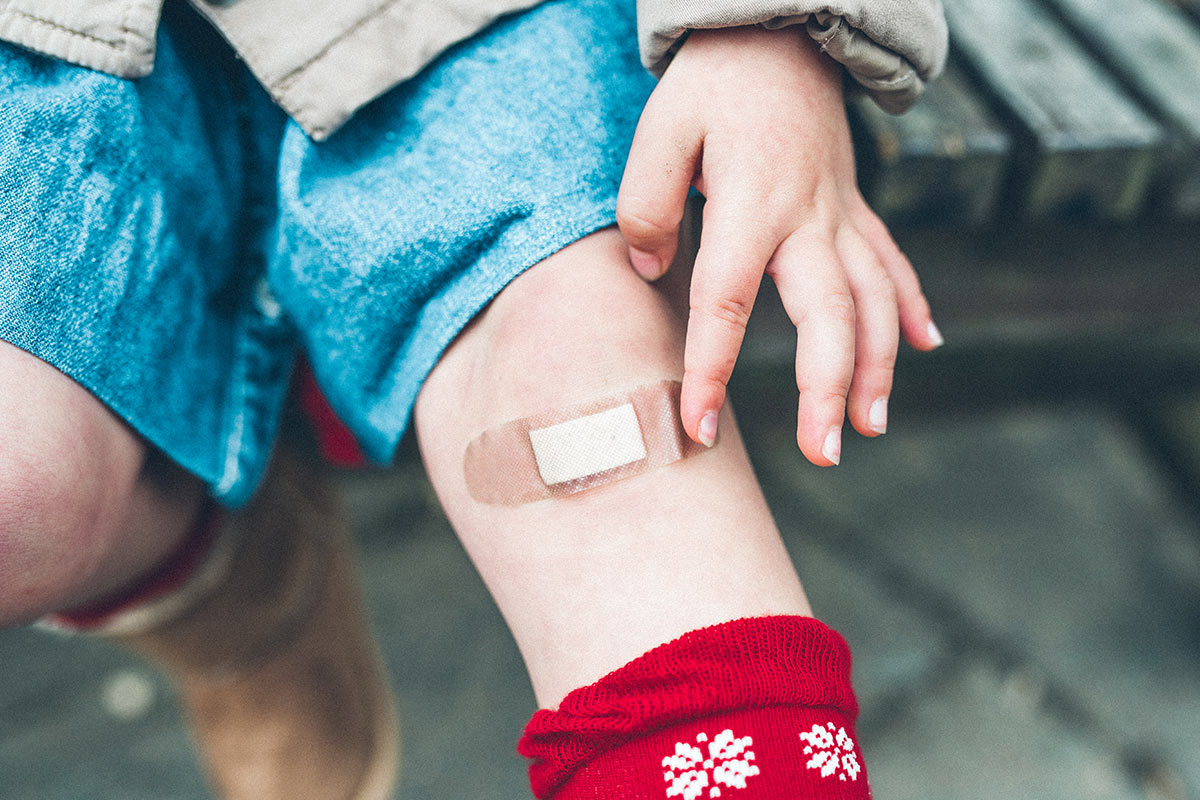
Checklist: A 9-Step Recovery Plan for a Stolen Identity
Identity theft can happen to anyone—and in a variety of ways. Regardless of how it happens, having your personal information stolen and misused can wreak havoc on your life. Today, scams are more sophisticated than ever, and your money is in the line of fire. If it happens to you, you need a recovery plan—and fast! But, where do you start?
Luckily, there are resources available to help you recover from identity theft. If your information has been compromised, there are measures you can take to minimize the damage. Here are a few steps to get you started:
-
Act fast. The longer you wait to report fraudulent activity, the bigger the mess there is to clean up.
-
Lock your account. If you see fraudulent charges, report them to your financial institution immediately and ask to have the account locked, or even shut down.
-
Set up fraud alerts. This let’s creditors know to be on the lookout for imposters trying to open new accounts in your name.
-
Freeze your credit. If you know your personal information has been compromised, place a security freeze on your credit report. It’s free and doesn’t have any negative effect on your credit score.
-
Review your credit reports. Visit AnnualCreditReport.com to get a free copy of your reports and scour them for accounts you don’t recognize.
-
Get help from the FTC. The Federal Trade Commission can guide you through the process of filing a report and creating a personal recovery plan.
-
Repair your credit. It’s more important now than ever to pay your bills on time and stay on top of your credit score. Strategize a game plan to get back on track.
-
Change your passwords. Update any affected account passwords. Be sure to use a combination of upper and lowercase letters, numbers and other special characters. Don’t forget to use a different password for each account—no duplications!
-
Be careful what you share. It’s natural to want to share important events on social media. Before you share, think about whether your post contains any sensitive information. This includes bar codes on tickets, ID cards (like a driver’s license) and even new house keys.
For additional information and resources to help you steer clear of identity theft, check out these links:
Related Articles


